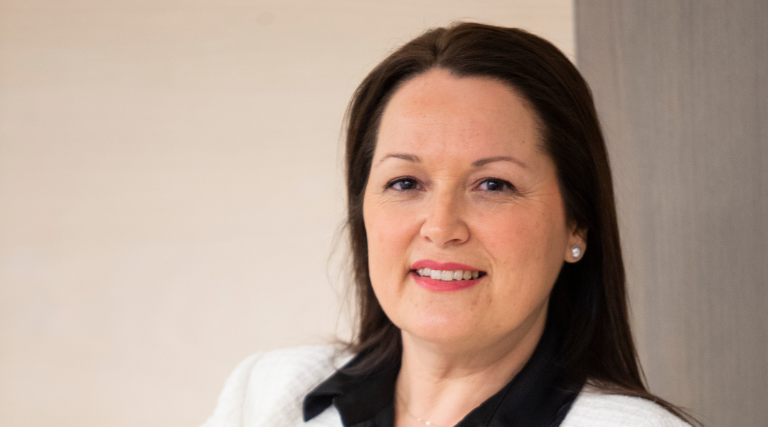
Aurora Cuadros / Corporate Director of Securities Services at Cecabank
The association that represents the main private capital stakeholders in Spain, SpainCap, described the €8.735 billion in Spanish private capital investment in 2022 as an all-time record. For its part, the CNMV recently reported that the assets of alternative vehicles stood at around €47,000 million.
All this against a backdrop of economic uncertainty. Last year, the onset of the Russian invasion of Ukraine, the energy crisis, and the extension of the effects of the crisis that began in 2021 in the supply chains after Covid-19, have contributed to the escalation of prices that have placed inflation in Europe at double-digit levels at the end of 2022 and in the region of 8% in the United States. This juncture has triggered a tightening of central banks' monetary policies, which has led to an economic slowdown to the point of incipient recession in Europe, with GDP contracting again in the first quarter, as it did in the last quarter of last year. Other manifestations of this tightening process have been the crisis of the US regional banks, its European replica with Credit Suisse and the shocks in the price of CDS, not to mention the upheaval in the crypto world with the scandals of the Celsius or FTX platforms.
As for the effects on alternative investment, the central banks' fight against inflation has abruptly brought us out of an eight-year period of negative rates. The steep rise in interest rates has led to an increase in fixed-income yields, after a year of double-digit declines. As a consequence, the appetite for this asset class has been revived, competing with and putting pressure on the expected returns of alternative investments. On the other hand, it has become more expensive to finance operations, which is so common in private markets, impacting margins.
Profits for investors' portfolio
However, it is in turbulent environments that some of the qualities of this type of investment come to the fore: they provide alternative avenues of return, which investors have longed for, especially during the years in which we have lived in a negative interest rate environment; and, at the same time, they contribute to portfolio diversification.
While the benefits are clear, there also exist factors that need to be considered when taking on these investments, such as the time limitation, with ten-year repayment periods being common in private capital. With regard to retail investors, it is essential to strengthen advisory capabilities to ensure the suitability of the product to each particular customer, avoiding the banks' exposure to reputational risk. In fact, the CNMV is exercising increased supervisory interest, as it has made clear on several occasions.
Financing the EU economy and regulatory levers
Such vehicles and their integration into investment solutions, driven by marketers and advisors, not only benefit investors. It also aligns with the European Capital Market Union initiative. Related to this initiative, regulators have embarked on the updating of various regulations, as well as the drafting of new regulations, with the aim of fostering the channelling of resources to Europe's real economy.
These include Law 18/2022 on the creation and growth of companies and the reform of the ELTIF Regulation on European long-term investment funds. Furthermore, currently in the pipeline is the revision of the Alternative Investment Fund Managers Directive and regulations such as the Pension Plans and Funds Regulation and Decree 92/2007 in the field of Voluntary Contribution Pension Schemes, which contemplate, among other aspects, facilitating the access of these vehicles to the different options offered by the Alternative Investment Fund (AIF) regulation, which includes private capital.
In this vein of making access to this type of investment more flexible, on 13 June, the Spanish Cabinet agreed to the urgent administrative processing of the draft Royal Decree amending the Regulation on collective investment institutions. Among other issues, this amendment includes applying to open-ended collective investment institutions the flexibilities recently recognised for closed-end collective investment institutions by Law 18/2022.
Opportunities and contribution of depositary institutions
In this context, the growing appetite of institutional investors, together with the potential inclusion of retail investors - subject to certain conditions - in alternative investment, represents a clear growth opportunity for both fund managers and depositaries.
The inclusion of retail investors in these products requires the designation of a depositary. The characteristics of these vehicles therefore highlight the importance of relying on depositary entities that possess a series of attributes on which to build investor confidence.
In this regard, Cecabank brings to the collective investment system as a whole and, in particular, to alternative investment, our position as the absolute leader in depositary services in Spain and Portugal. Leadership underpinned by values such as independence, neutrality, specialisation and the ability to invest and provide institutions with an ecosystem that allows them to take advantage of technology. Values that consolidate the bank as the best travel companion for fund managers and investors.

